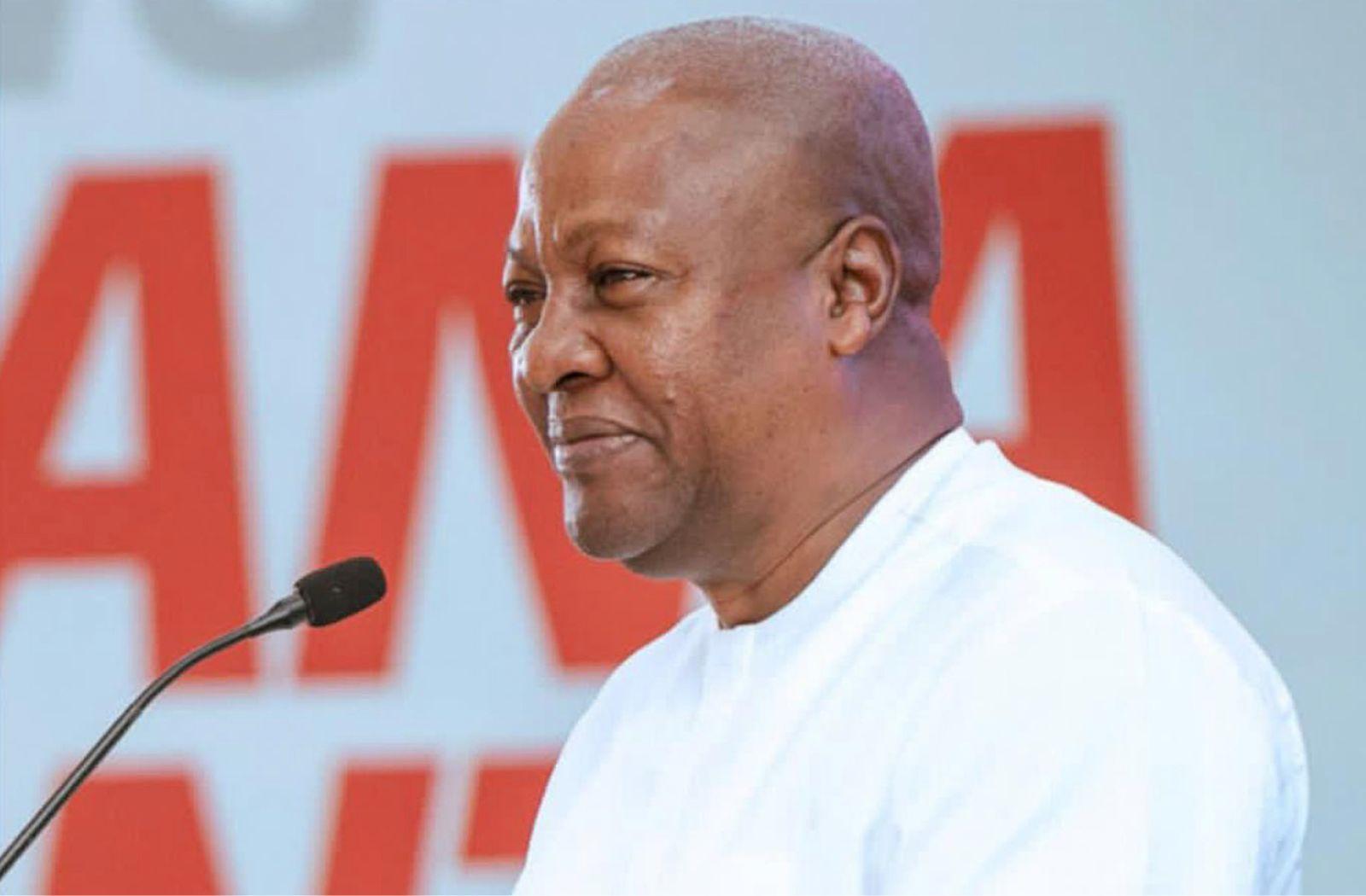
Accra — Ghana has become the fifth African nation to enter into a bilateral agreement with the United States to receive third-country nationals deported under Washington’s controversial immigration policy. President John Dramani Mahama confirmed the arrangement during a press briefing in Accra on Wednesday, stating that 14 migrants had already arrived in Ghana, including several Nigerians and one Gambian, who have since opted to return to their home countries.
The deal aligns Ghana with Uganda, South Sudan, Eswatini, and Rwanda, which have similarly agreed to host migrants expelled from the U.S. under President Donald Trump’s intensified deportation strategy. The specifics of Ghana’s agreement remain undisclosed, though Mahama described the bilateral relationship with Washington as a “tightening situation.”
“First we were slapped with a 10% tariff … increased to 15%, and then we were included in 36 countries that were going to be placed on a visa ban,” Mahama said. “We were approached by the U.S. to accept third-party nationals who were being removed from the U.S., and we agreed that West African nationals were acceptable.”
Regional Mobility and ECOWAS Protocol
President Mahama emphasized that Ghana’s acceptance is limited to West African nationals, citing the ECOWAS free movement protocol, which allows visa-free travel within the region. This condition, he noted, ensures that Ghana remains a transit hub rather than a permanent host for deportees.
Legal and Ethical Concerns
The U.S. Supreme Court recently cleared the Trump administration to proceed with removals, prompting deportations to several African states. These have included individuals from Jamaica, Vietnam, Laos, and other nations with no prior ties to their receiving countries.
Human rights organizations have condemned the practice, arguing that it violates international migration laws and risks turning African nations into “dumping grounds” for arbitrary expulsions. The African Union’s human rights body has urged member states to reconsider such agreements.
🇳🇬 Nigeria Pushes Back
Neighboring Nigeria has publicly rejected similar arrangements, accusing the U.S. of using visa sanctions and punitive tariffs to pressure African governments into compliance. Nigerian officials have warned that accepting third-country deportees—particularly those with no cultural or familial ties—could destabilize local communities and undermine regional sovereignty.